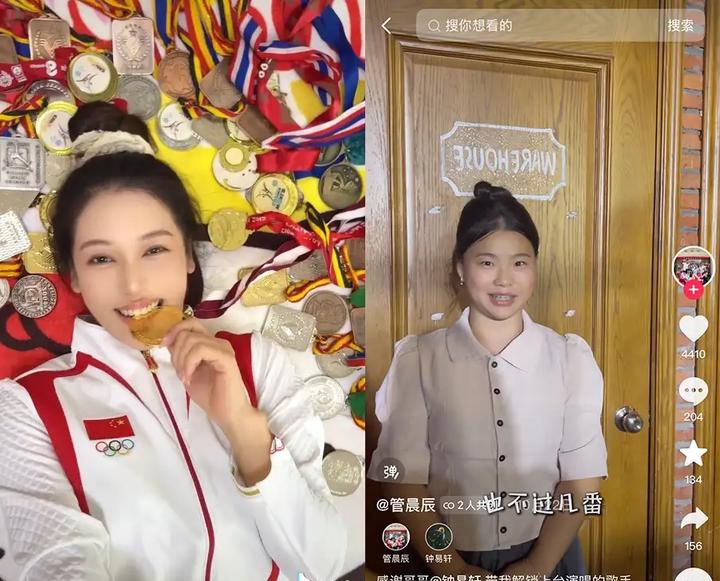Sports and Social Media: A Retired Gymnast's Career Transition
A discussion erupts after Olympic champion Guan Chenchen criticizes former Chinese national team gymnast Wu Liufang’s social media content, highlighting broader issues about athletes' post-retirement careers and social responsibilities.

The intersection of professional sports and social media has sparked a heated debate in China’s gymnastics community. The controversy centers around Wu Liufang, a former Chinese national team gymnast and world champion, who has transitioned to becoming a content creator on social media platforms. Her new career path has drawn criticism from Olympic gold medalist Guan Chenchen, who suggested that Wu’s content might tarnish the reputation of gymnastics.
Wu Liufang’s journey represents a common challenge faced by retired athletes. After dedicating years to representing China in international competitions and securing multiple world championships between 2009 and 2011, she has chosen to leverage her athletic background and personal appeal to build a following on social media. Her content, while featuring dance and lifestyle elements, remains within platform guidelines and is notably more conservative than many other creators in similar spaces.
The situation reflects deeper systemic issues within professional sports, particularly in gymnastics. Athletes often begin training at very young ages, focusing entirely on their sport at the expense of other educational and career development opportunities. When their competitive careers end, many find themselves facing limited options for financial sustainability. Unlike Olympic champions who often receive substantial support and opportunities, those with less prominent achievements must forge their own paths forward.
This career transition challenge is particularly acute in China’s sports system. While top performers like Guan Chenchen secure prestigious university placements and ongoing institutional support, others must navigate the challenging terrain of post-athletic life independently. Wu’s choice to become a content creator represents a practical solution to this challenge, utilizing her athletic background and personal brand to create a sustainable career.
The debate also highlights evolving perspectives on athlete identity and social expectations. The traditional view that former elite athletes should maintain certain behavioral standards indefinitely clashes with the reality that these individuals must adapt to changing circumstances and find ways to support themselves. Wu’s response to criticism - comparing her content to other social media creators and defending her right to pursue this career path - speaks to this tension between past identity and present necessity.
More broadly, this incident has sparked important conversations about the support systems available to retired athletes in China. While the country’s sports system excels at producing champions, the infrastructure for supporting athletes' post-competition transitions remains underdeveloped. This gap affects not only gymnastics but many other sports, particularly those with limited commercial opportunities.
What started as a pointed criticism has evolved into a broader public discussion about athlete welfare and career transitions. The supportive response Wu has received from many observers suggests growing public understanding of the challenges retired athletes face. It also indicates shifting attitudes about acceptable career paths for former elite athletes in contemporary Chinese society.
Rather than viewing this as a simple conflict between maintaining traditional standards and embracing new opportunities, it represents a necessary evolution in how society supports and values athletes throughout their entire lives, not just during their competitive careers. The incident serves as a catalyst for important discussions about athlete welfare, career development, and the changing nature of sports in the digital age.